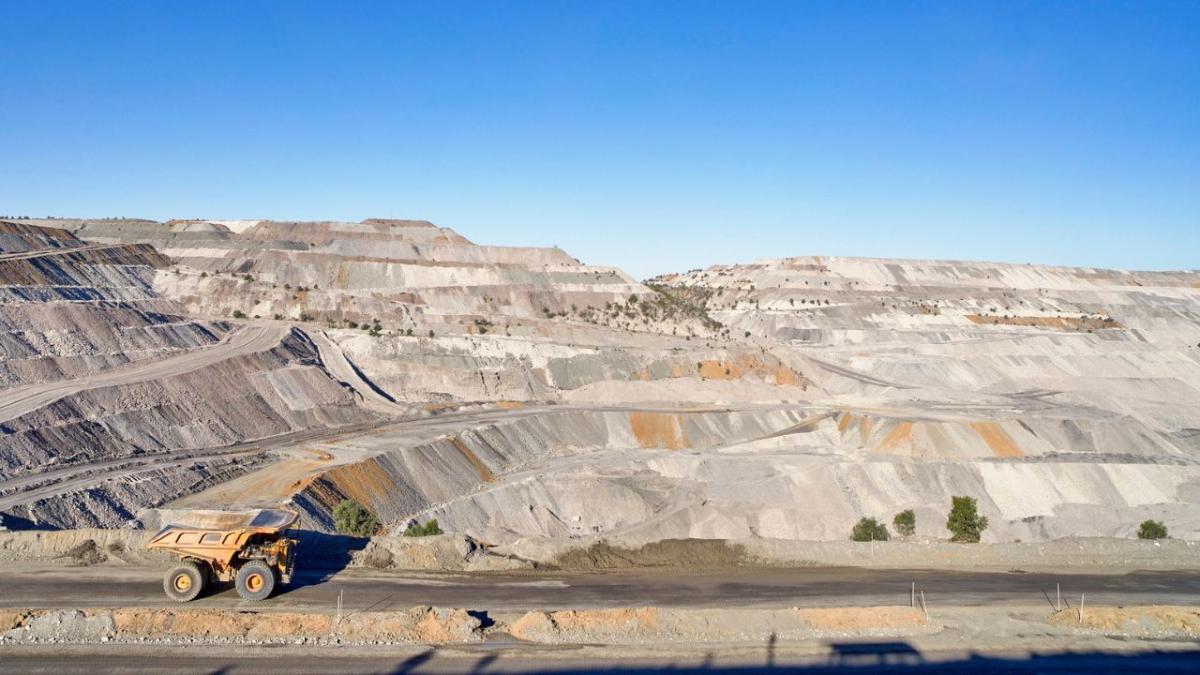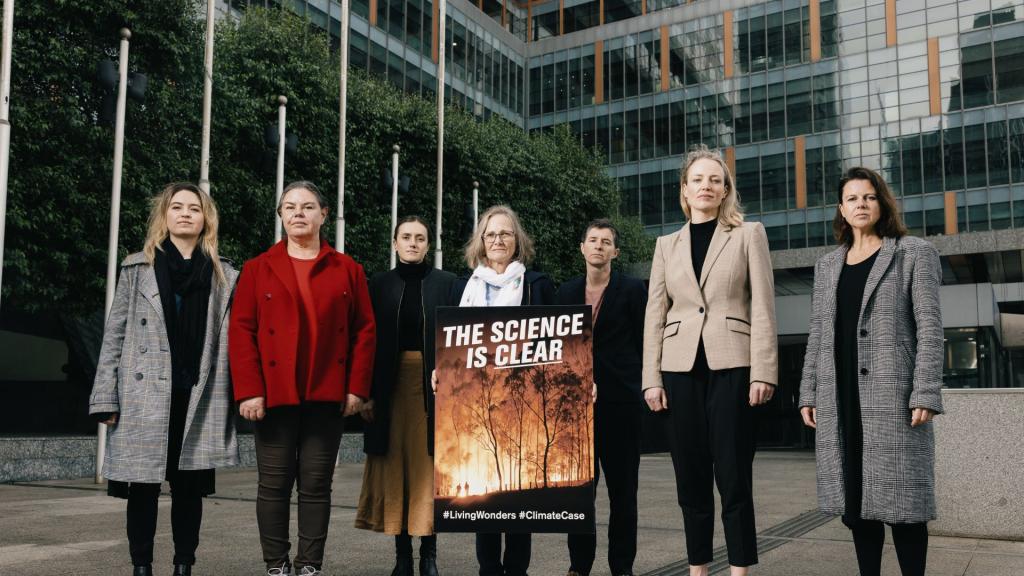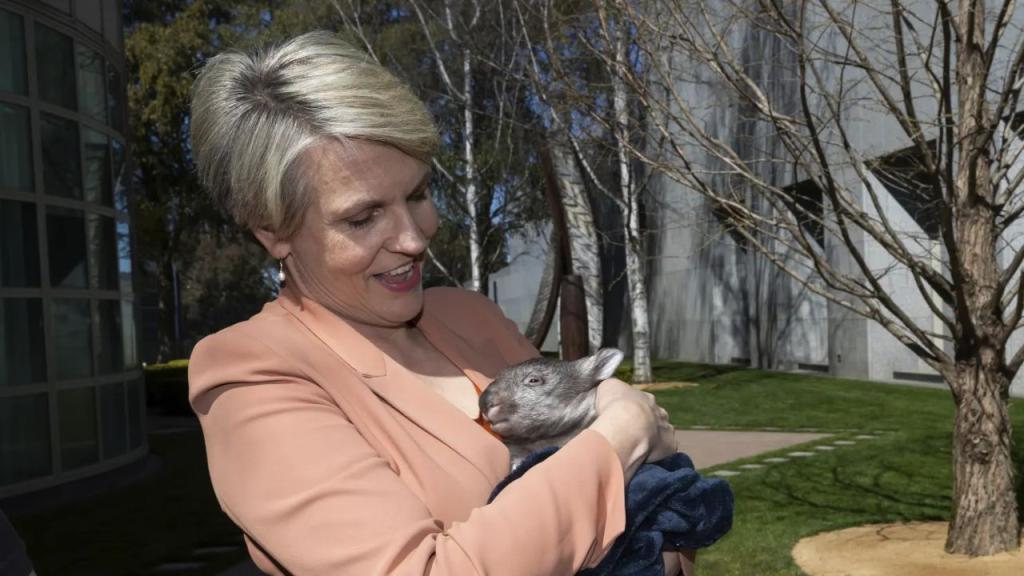
It’s official. The government can *completely ignore* climate risk when they approve new fossil fuel projects.
Or, to be pedantic about it, it turns out the government has *always* been able to ignore climate risk under current environmental laws.
How do we know this?
In June Environment Council of Central Queensland (ECoCeQ) launched legal action against Environment Minister Tanya Plibersek and two mining companies MACH Energy and Narrabri Coal (a subsidiary of Whitehaven Coal) to push for a judicial review into the minister’s climate risk assessment of plans to extend the Narrabri and Mount Pleasant coal mines.
This legal action has become known as the Living Wonders case.
After the case was heard last month, on Wednesday Federal Court judge Justice Shaun McElwaine dismissed the case after finding Plibersek did not break current environmental laws.
In a lengthy judgement, Justice McElwaine said Plibersek accepted the “linear relationship” between carbon emissions and climate change.
He said the case was “not about the denial of climate science or the existential threat posed by climate change” or if Plibersek made the “correct or preferable” decision when assessing the risk of fossil fuel proposals.

Rather the case was about if under the *current environmental laws* the minister needed to consider climate harm when assessing new projects.
Justice McElwaine stated for the Living Wonders case to win, ECoCeQ would need to prove Plibersek broke current environmental laws.
Because the court found she did not break current laws, the case was dismissed.
The Canberra Times reported a spokesperson for Tanya Plibersek said no final decisions had been made about the Narrabri and Mount Pleasant projects.
“Our strong new climate safeguard laws, developed with the Greens Party and independents, mean that coal and gas projects must comply with Australia’s commitment to net zero,” the spokesperson said.
However, Elizabeth McKinnon,co-chief executive of Environmental Justice Australia — the organisation who legally represented ECoSeQ in the case — said the judgement “does not change the science”.

“Nobody, not the Australian Government or the coal mining companies, challenged the facts set out in the thousands of pages of climate evidence,” she explained.
“You don’t need to be a lawyer or a scientist to know that, whatever our old laws say, climate change is relevant to coal and gas approvals.
“Our client [ECoCeQ] is considering all legal options, including full Federal Court appeals and injunctions,” she said.
In her time as Environment Minister, Tanya Plibersek has signalled support for four coal mine expansion projects.
Last year, Labor committed to an overhaul of current environmental laws, however Plibersek has ruled out including a climate trigger which would have meant the government would need to consider potential risks to the climate when assessing new projects.
The Conversation reported that currently Australian environmental law does specifically take into account the impact projects have to the climate. Yep, you read that right.
As it stands, the government currently does have to specifically take into account the impact that potential projects have to the climate.
But while this counts for things like wildlife and their habitat, climate and carbon emissions are left out of the conversation.
Seems like a pretty big thing to forget, don’t you think?



